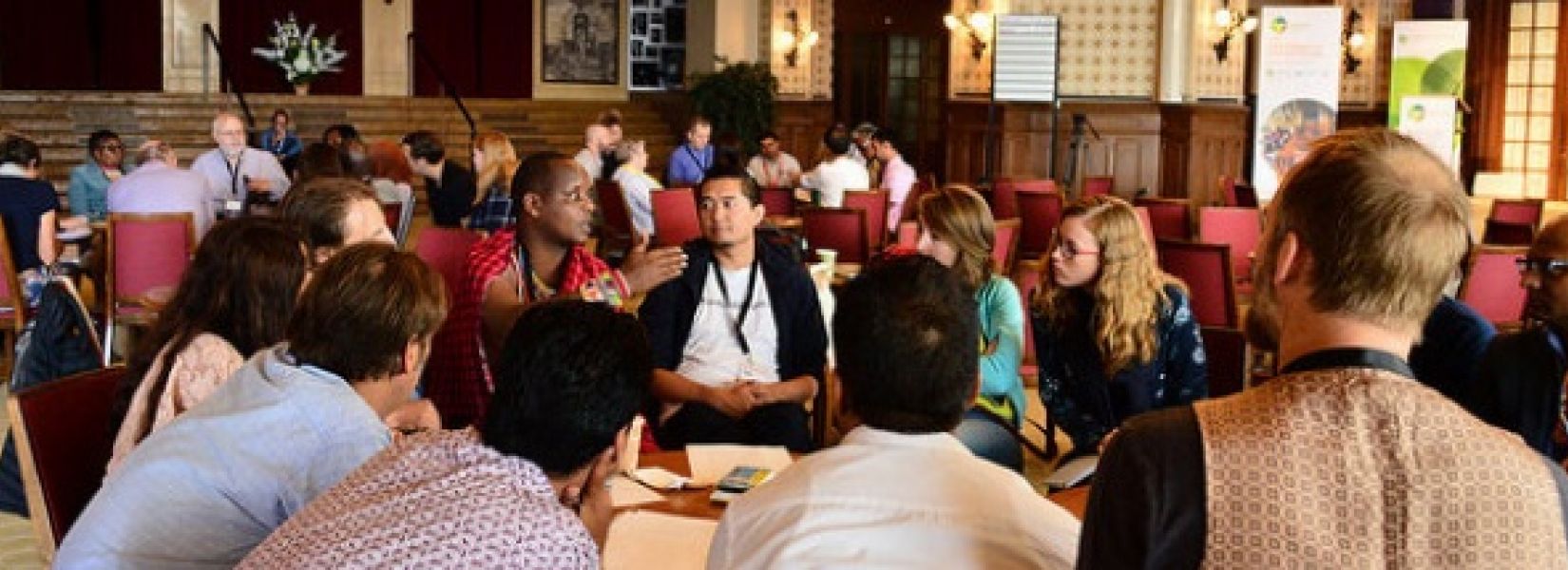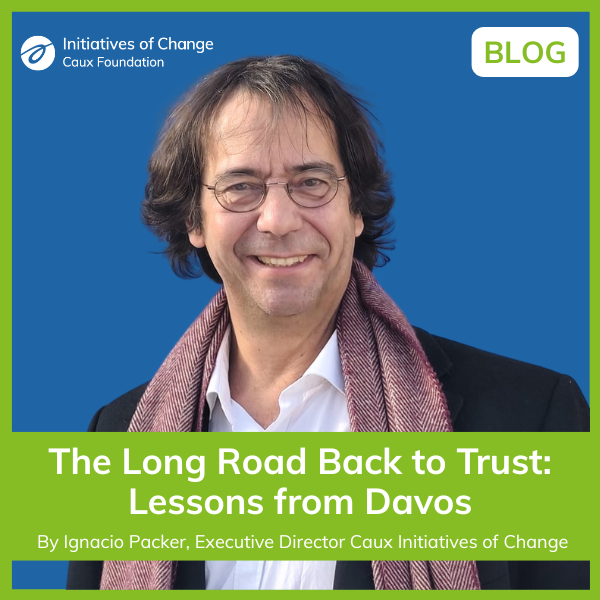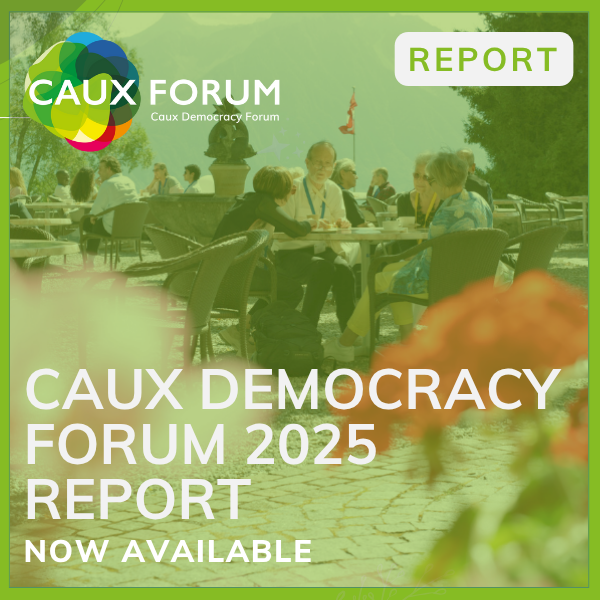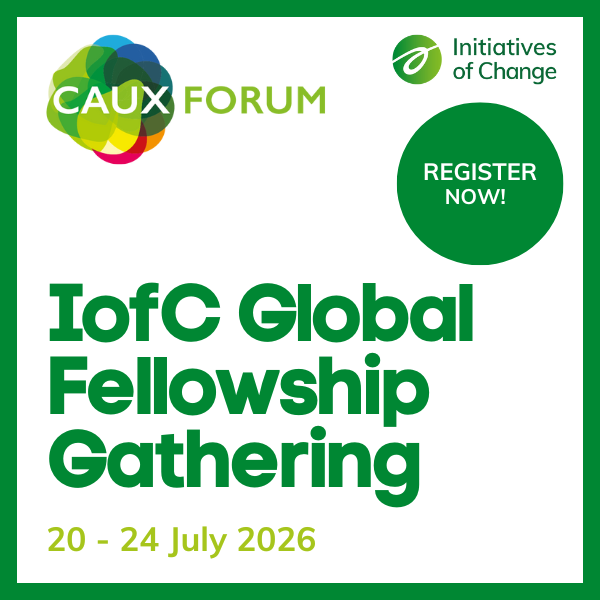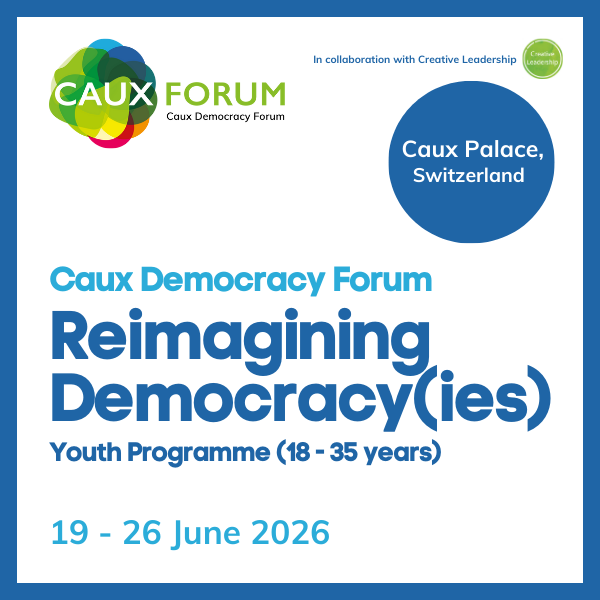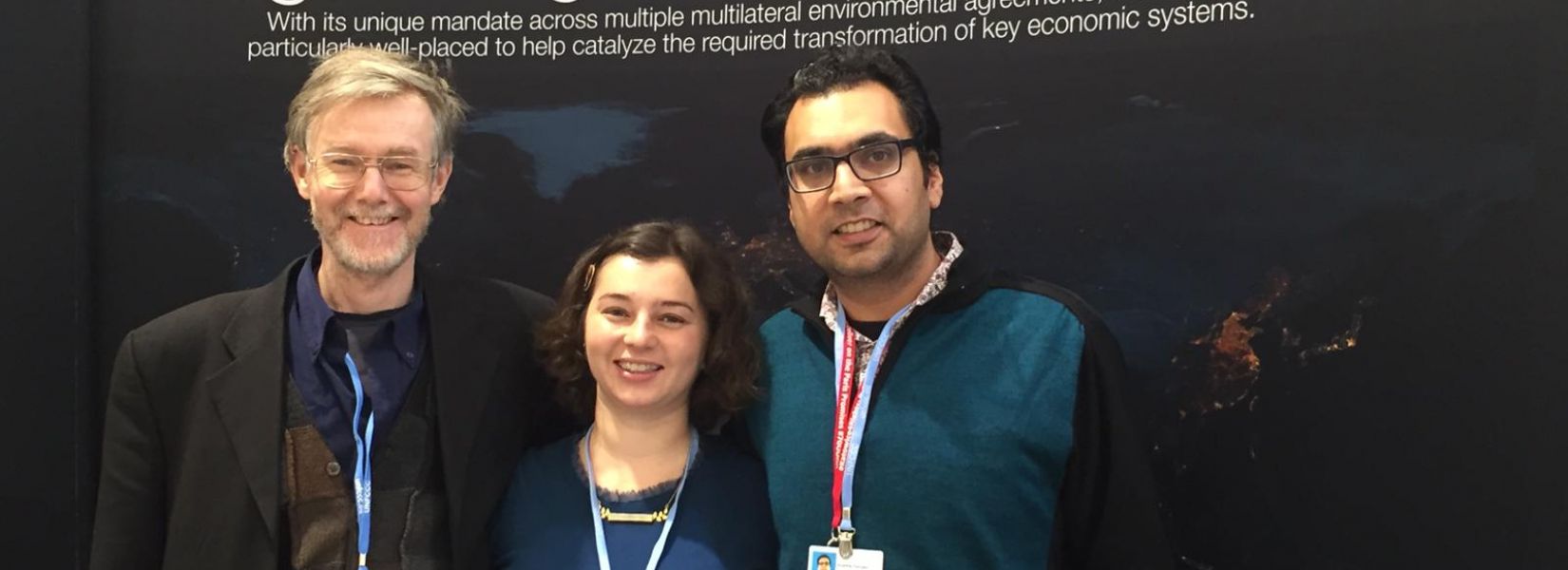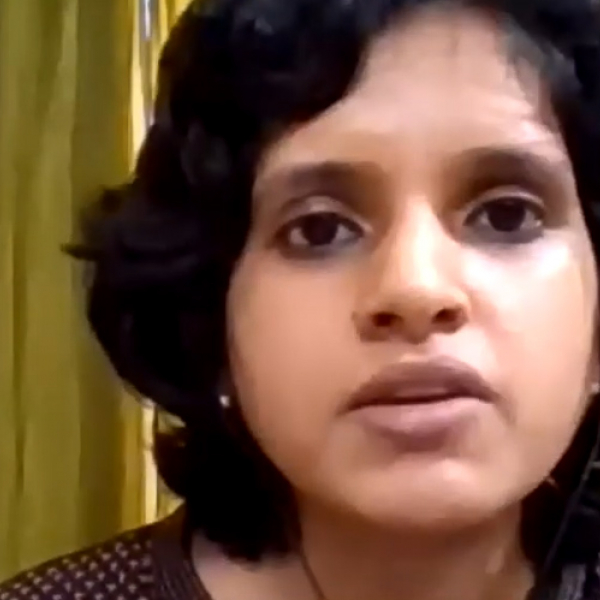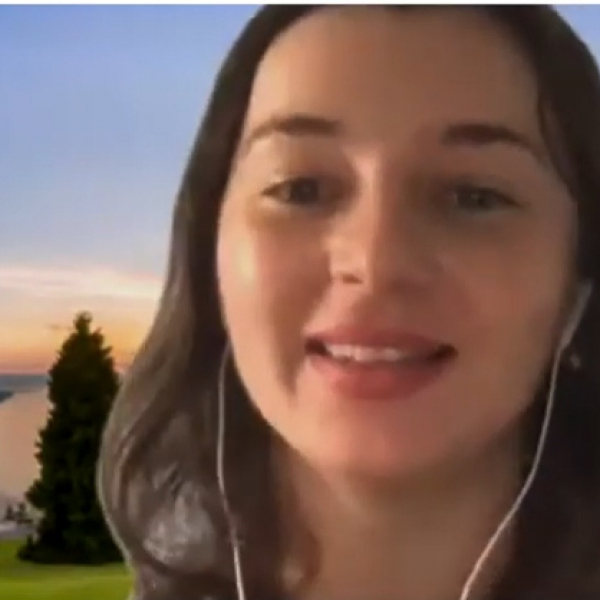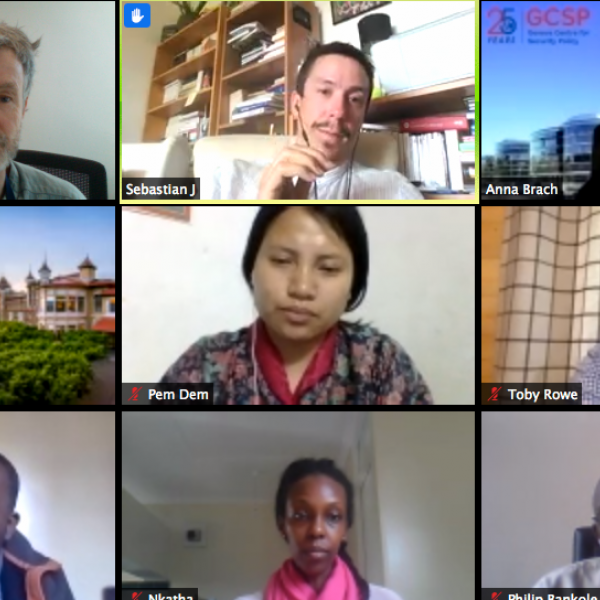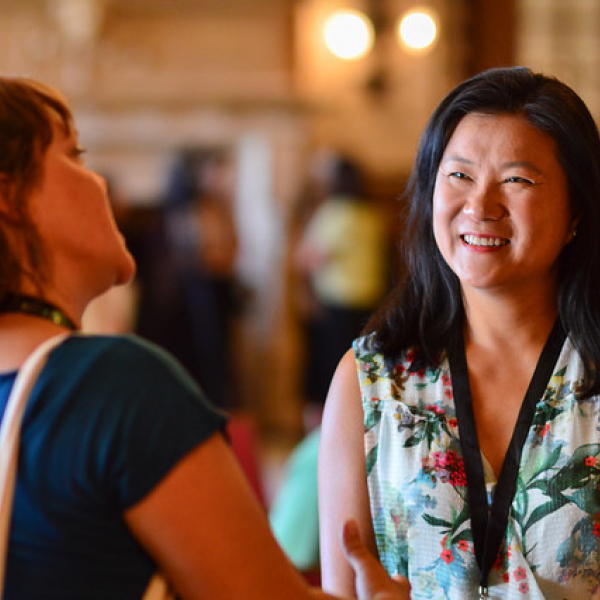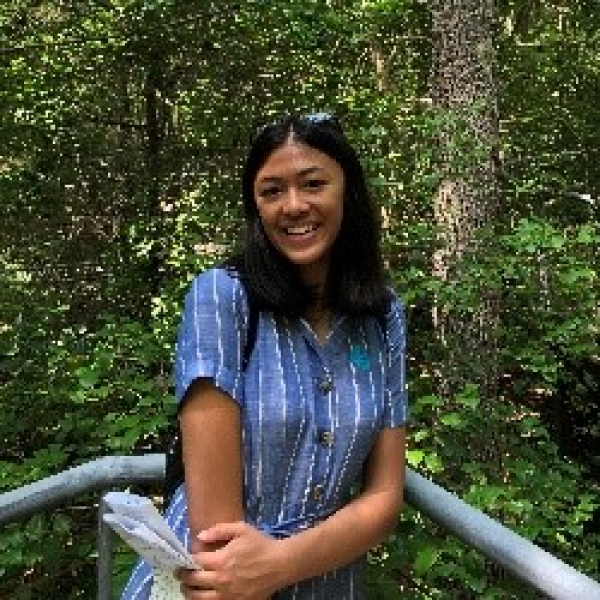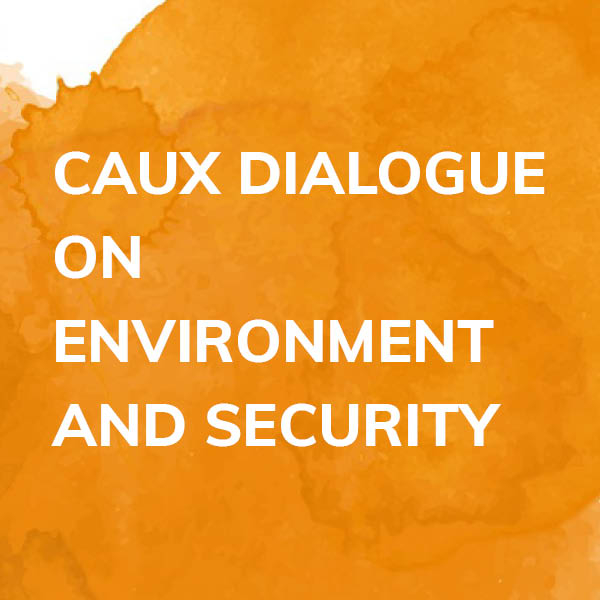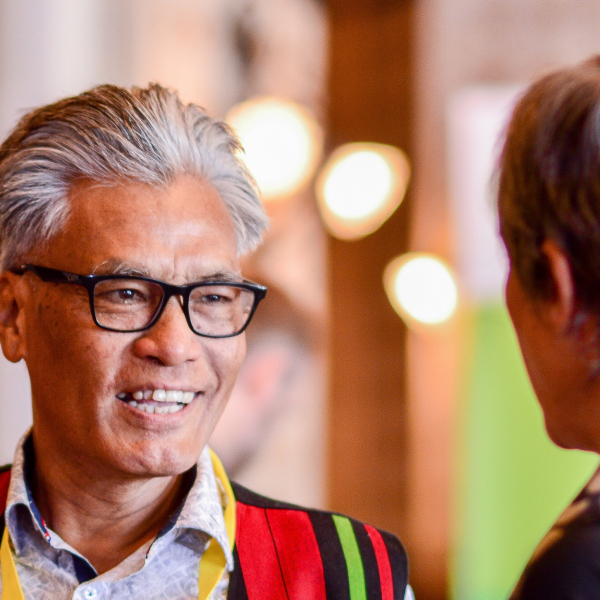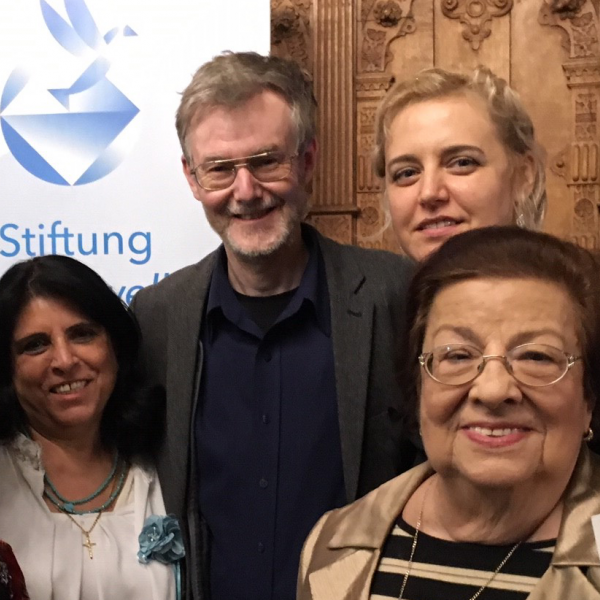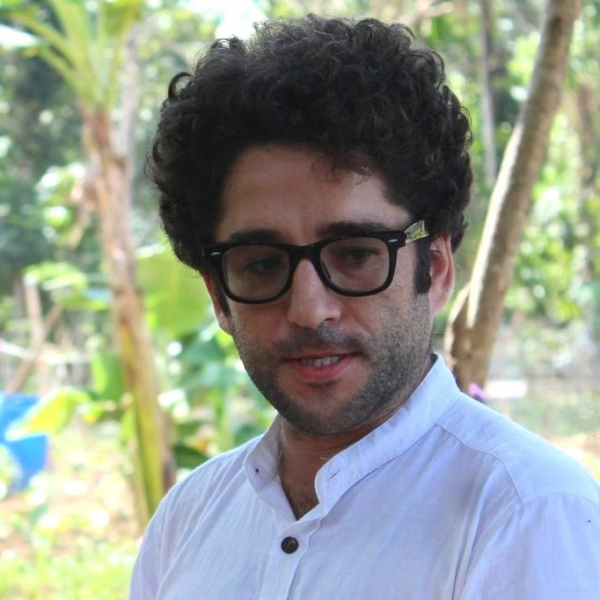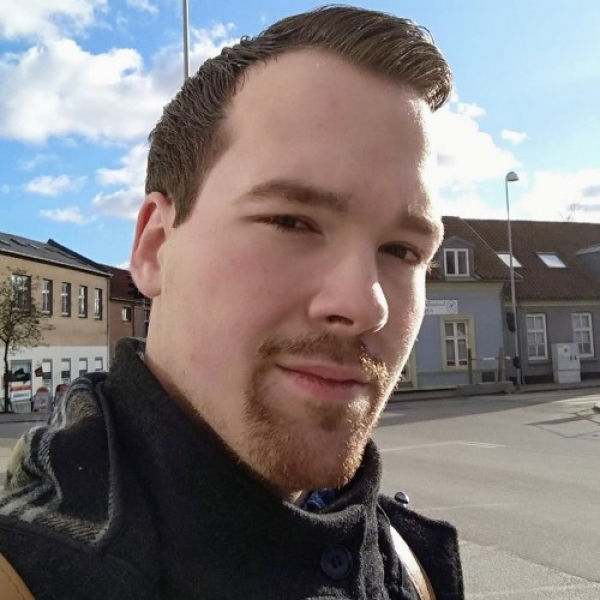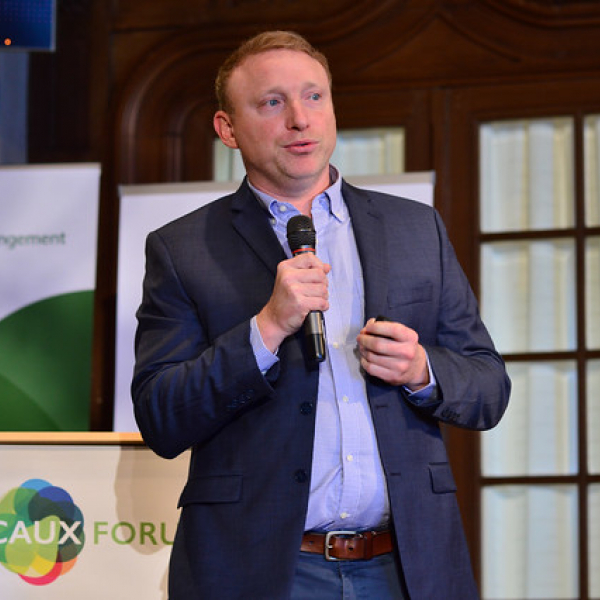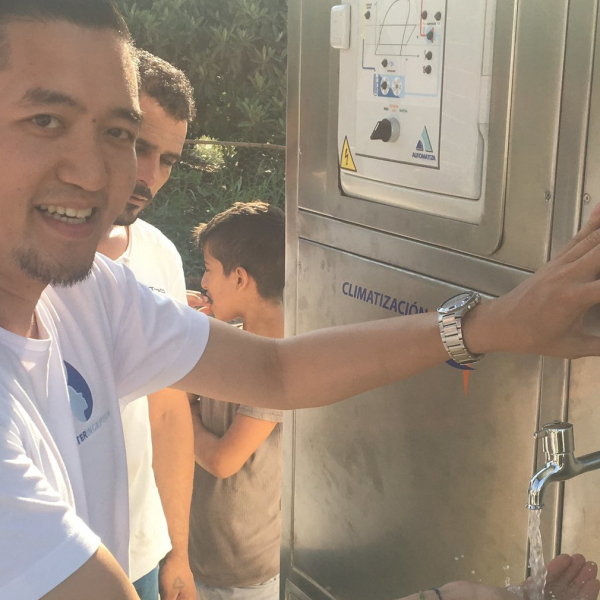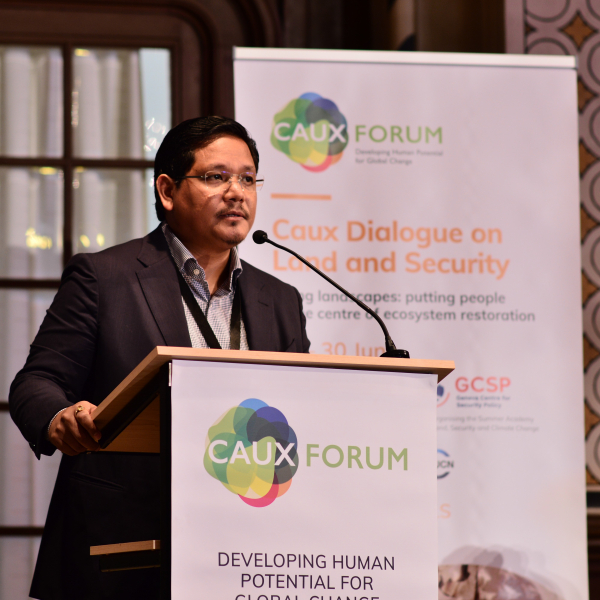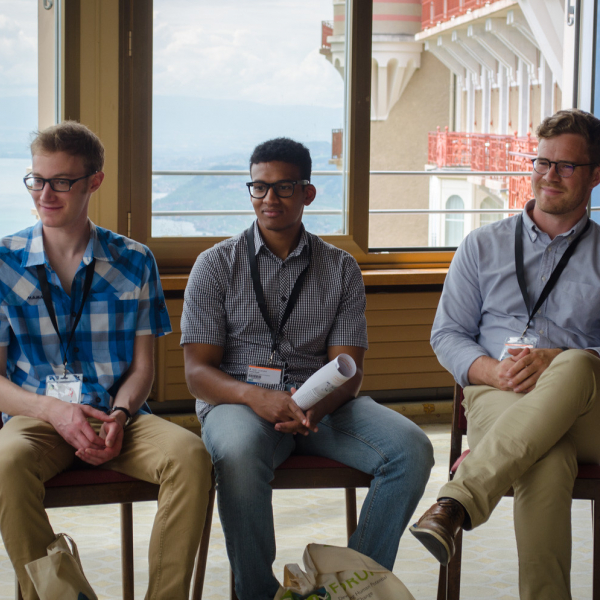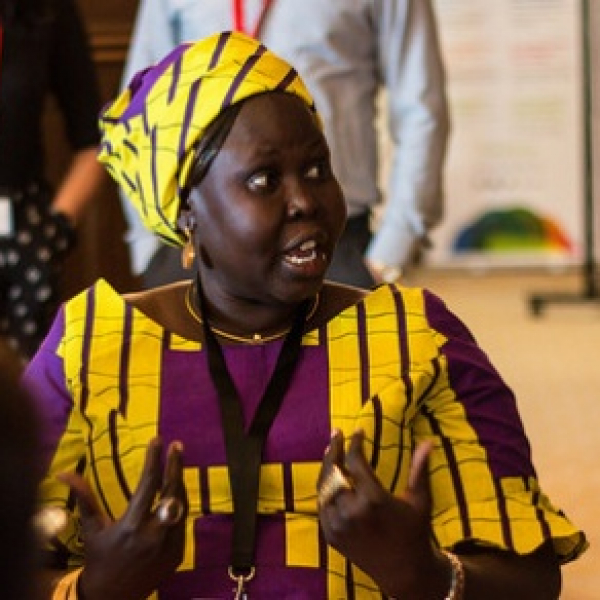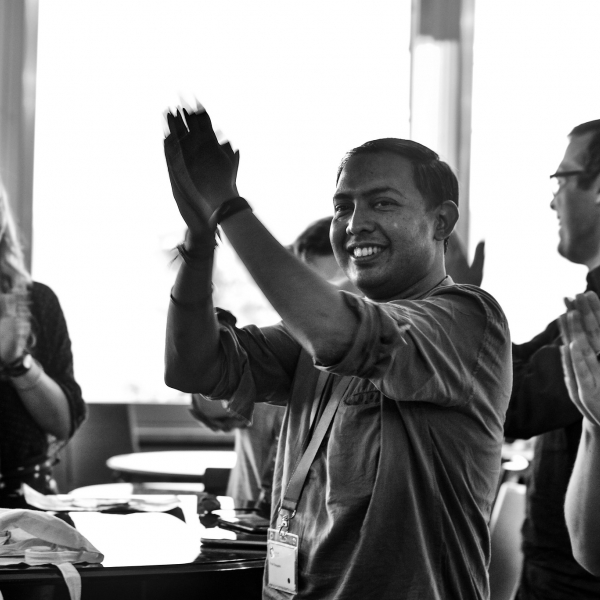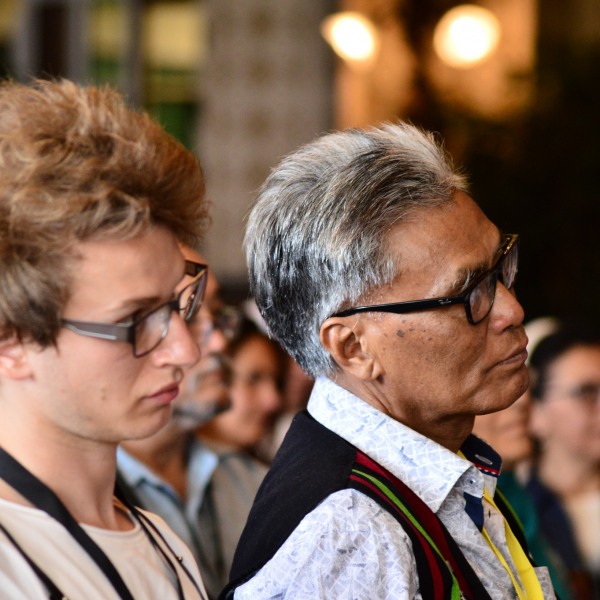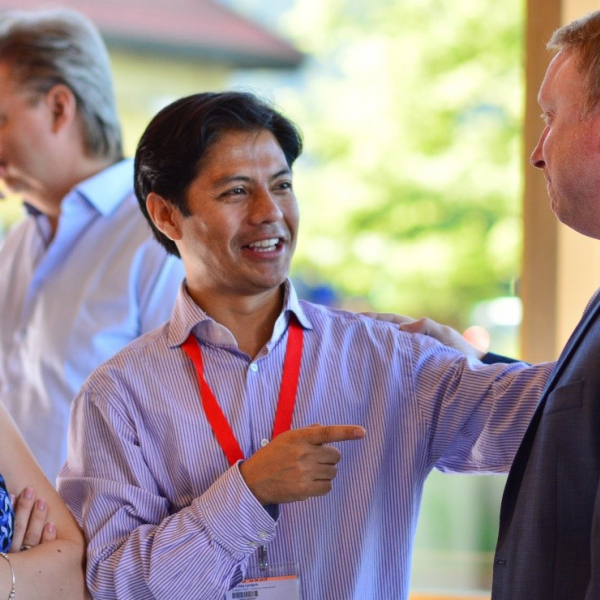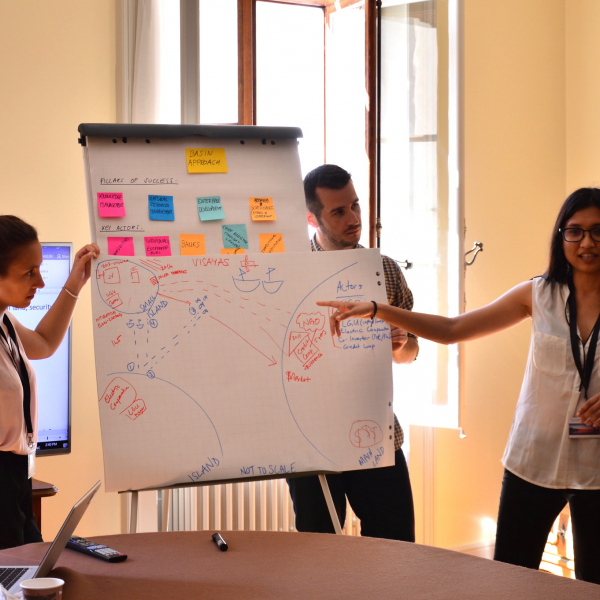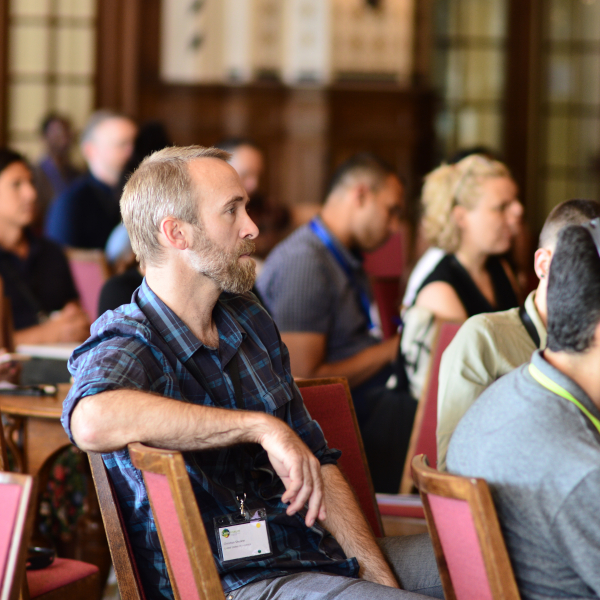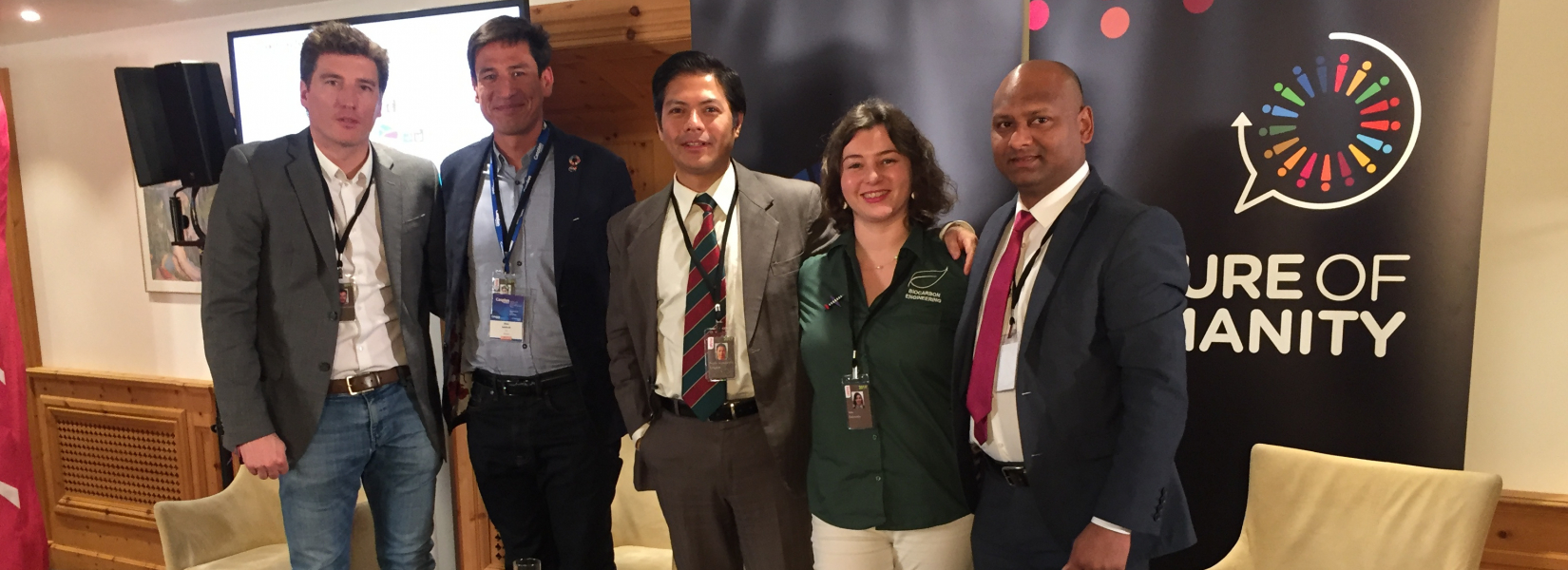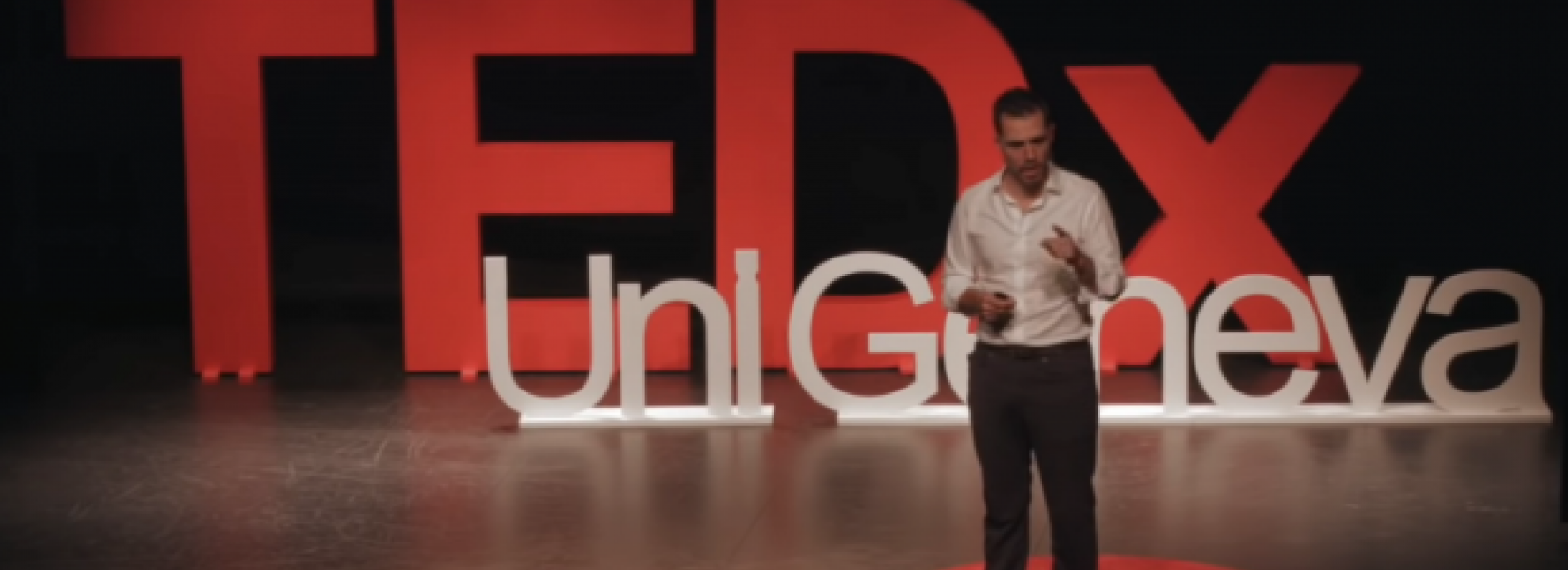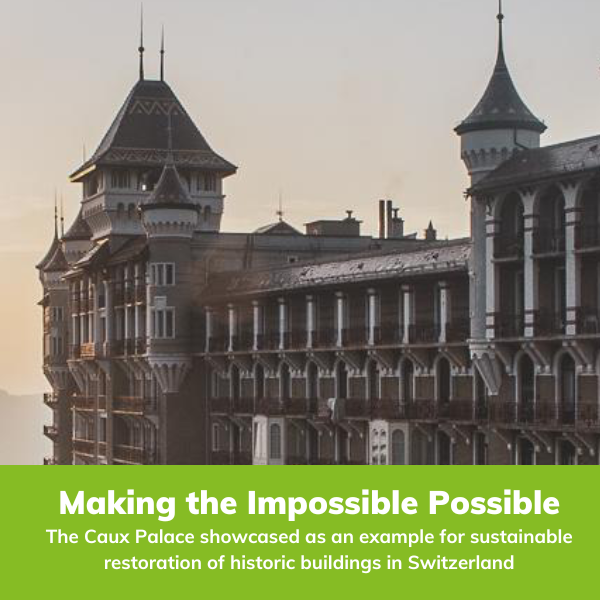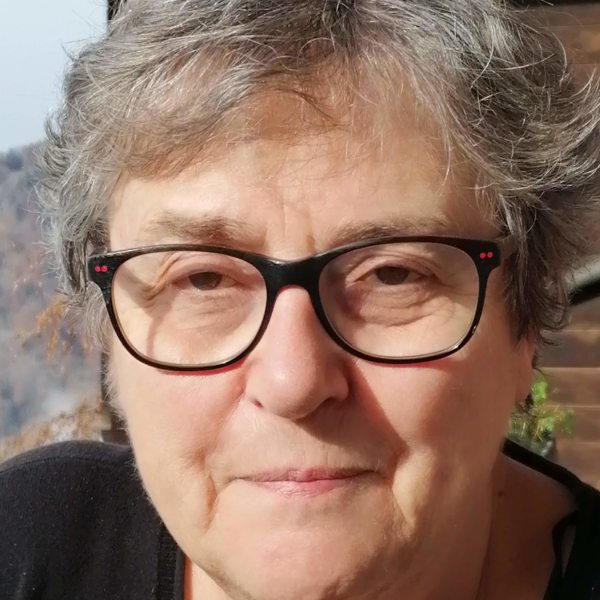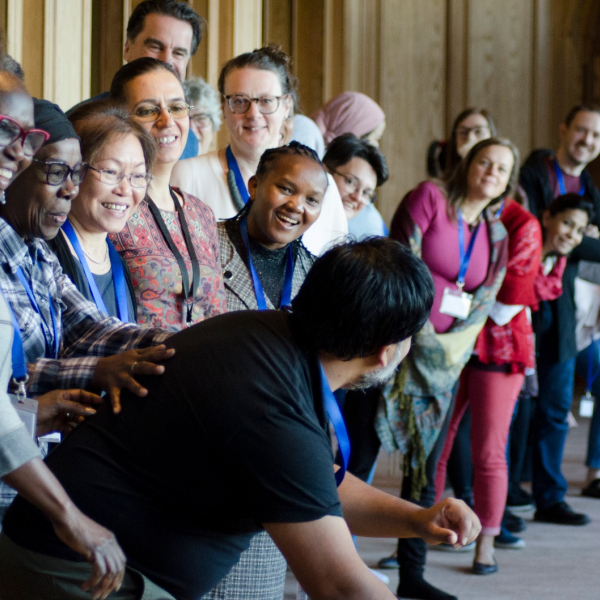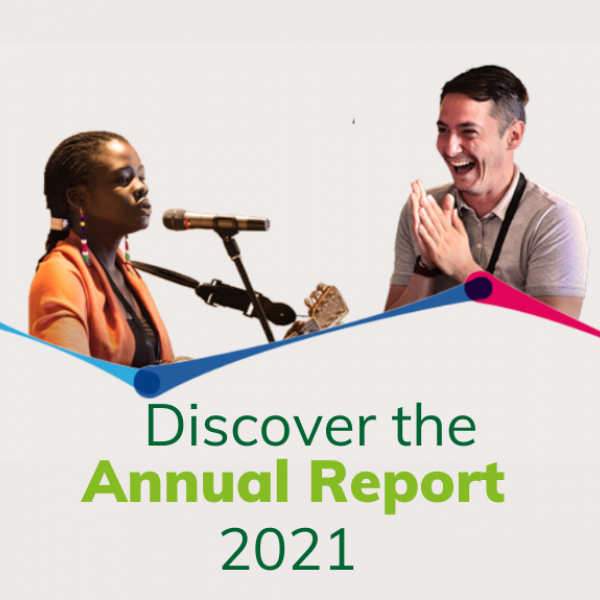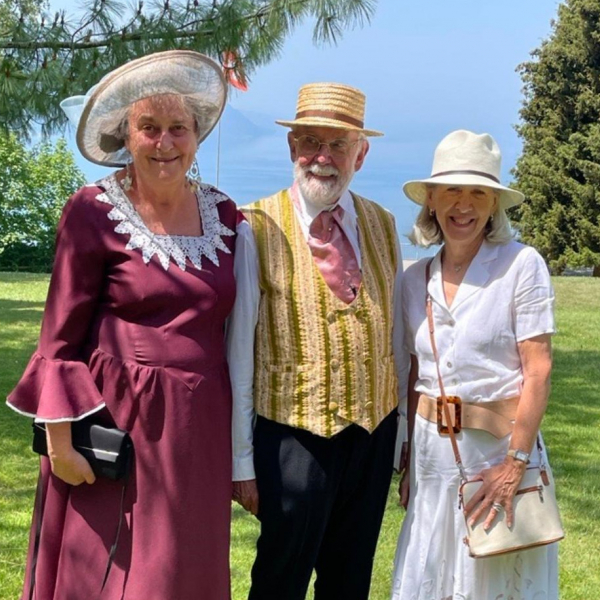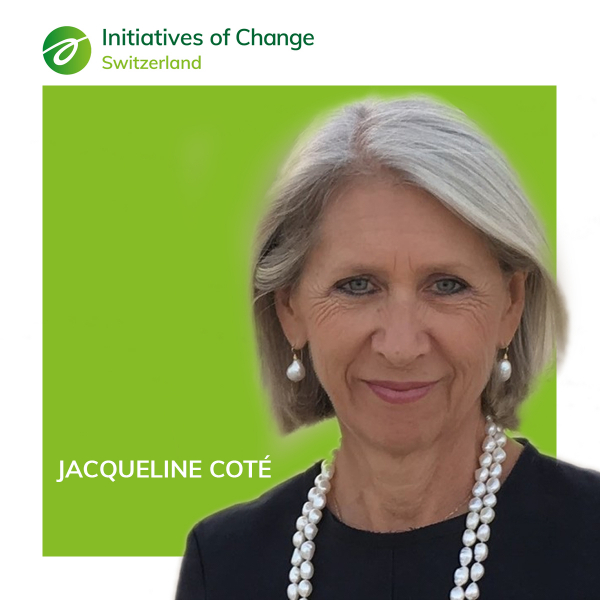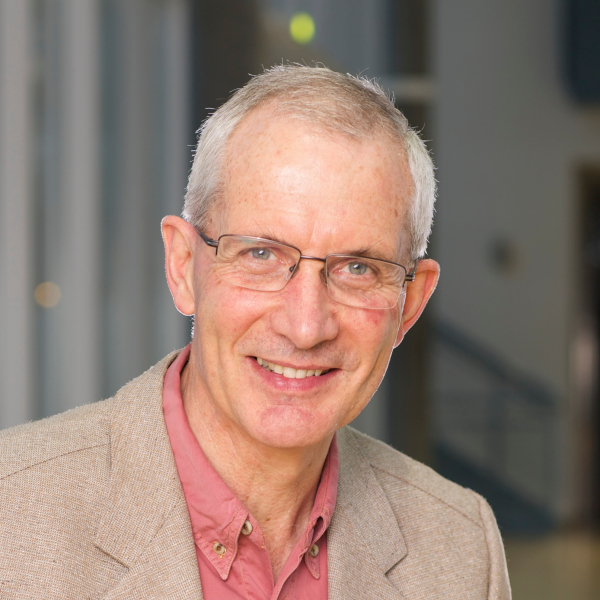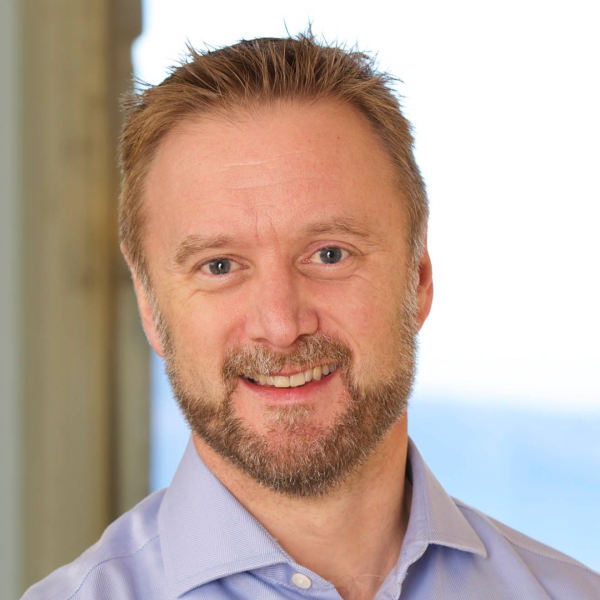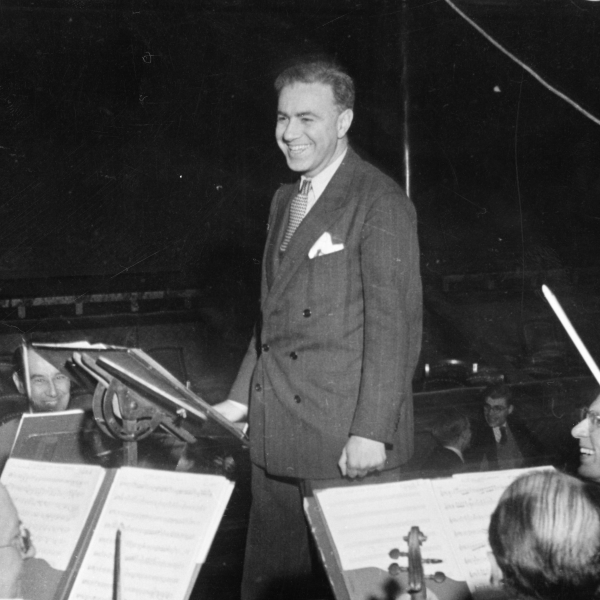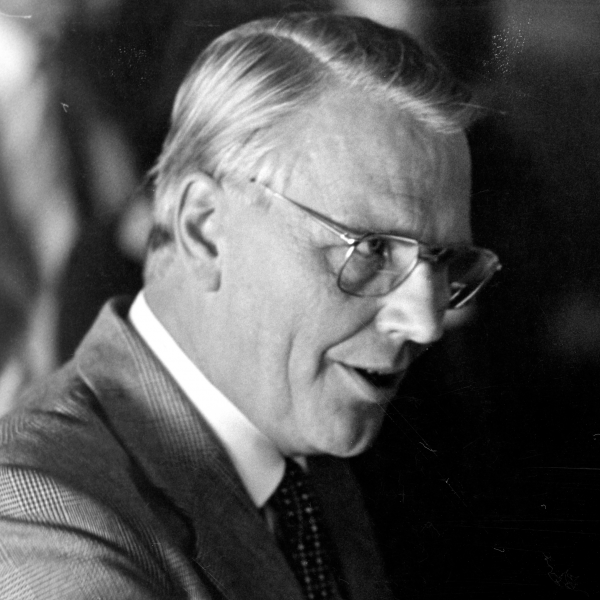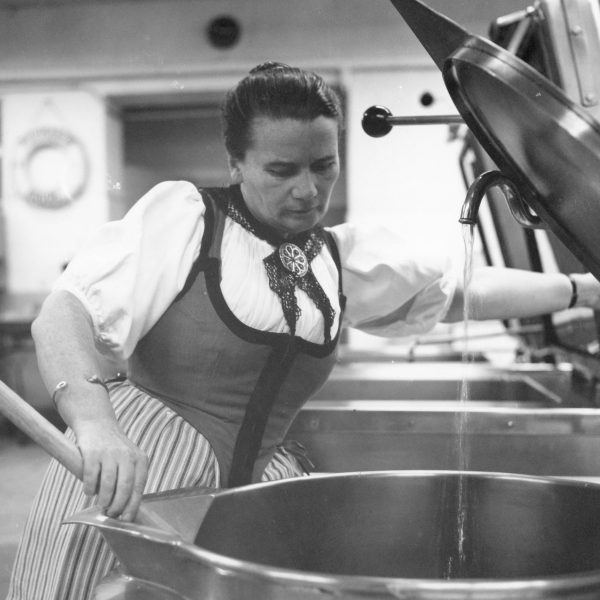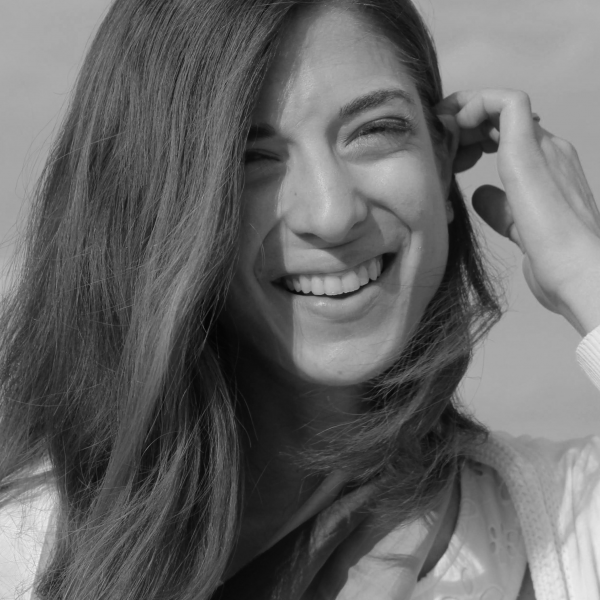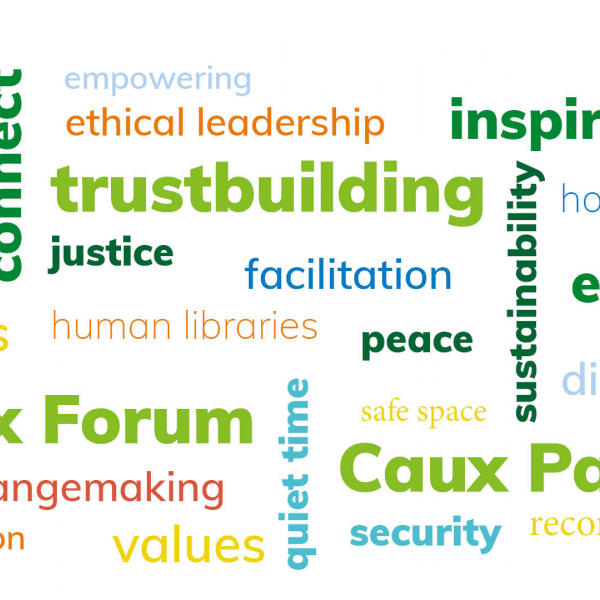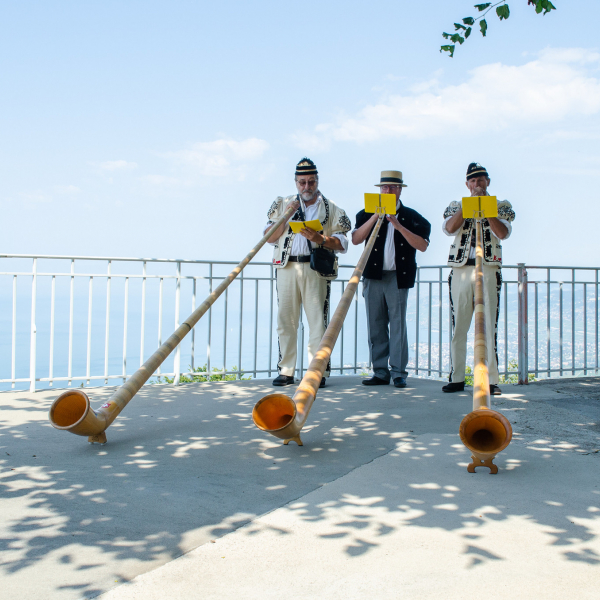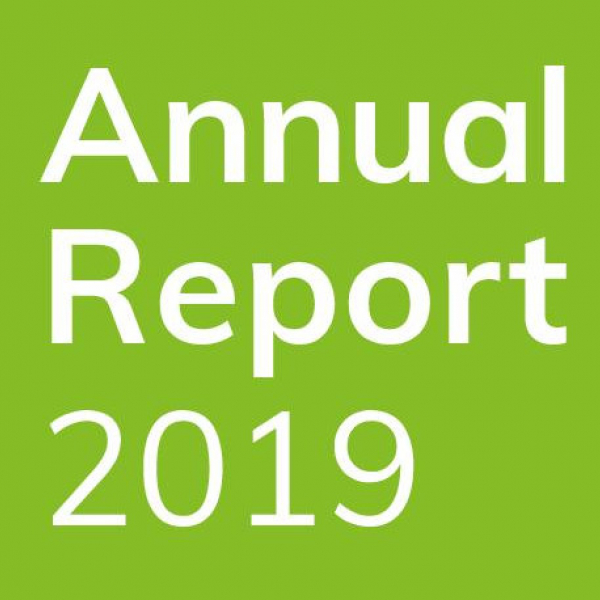Through my work and my own personal journey, I have come to realize that there are a great many things I cannot control, but the little I can control, that I can change, is in me. There are two tools in particular that allowed me to start with myself and to navigate my way through this complex world. These two tools are …. Silence …. And Love.
Here are some tips and images that might help make these tools more accessible. The first image is something that has somehow slipped its way into our lives (and our pockets) that we simply can’t live without anymore. The Smartphone! And, what does every smartphone need no matter what generation it is? Connection and Energy.
We humans are bit like smartphones, because we also need the same two things... I would say Silence can provide some great connection, it’s like a secret password to some really amazing wi-fi, and energy is, a lot like love. In my experience I have found nothing that provides greater impact no matter what the domain.
Let’s start with Silence. Plenty of research has shown that in this terribly busy and loud world we live in, a little silence goes a long way. They claim it can help us retain information better, reduce stress, increase happiness… basically good for everything. And yet…think about it, when was the last time you sat or walked in silence, without earphones, without looking at your phone and just listened to your own thoughts and feelings? Was it recently? Do you feel like you do it regularly? Do you feel you have enough silence or quiet in your life?
Staying with the Smartphone image I would propose that you can look at your need for silence on three levels: one for downloading, one for communicating, and one for upgrading the system. For all of those things a good Wi-fi is useful. First, for Downloading, a question to ask oneself is: do I have a daily (or regular) space for silence? A walk, a moment of reflection, a moment to center myself? Am I listening to myself? This can allow me to process everything that I have heard or lived (or want to live) and even be a bit of a reset button to get you back into the present.
For the second, Communication, a good question is: am I “connecting” well to others, am I listening to them? For there to be listening someone needs to be silent. A beautiful image that was once given to me is that when others speak, am I giving them the space to say all that they have to say? Can I be a blank page in front of them allowing them to write out everything they have inside? There are certainly times where I have listened to someone with the type of pseudo-silence where I was either thinking of something else or just planning my response and found that my “connection” was not the best quality and therefore my responses were definitely off mark.
And lastly, for Upgrading, a question is: do I have periodic spaces of deeper silence or slowing down? A long hike in nature, a retreat etc…Sometimes we need an extended moment of silence to be able to hear, see and say what it is we have inside. Sometimes we need a longer silence to upgrade our perspective and go beyond our own blockages and recognize our blindspots. A lot can be resolved, or improved with silence.
Now, for the second tool. Love. In a world craving for likes and inundated with heart emojis, I believe many would admit we have a slight deficit of Love. But what is love? It is a lot of things, and includes everything from what holds families together, to what friendship is made of, all our concepts of romance, and the simple interactions of common decency and respect between human beings. In other contexts the word compassion or perhaps in French “bienveillance” can also be suitable. I am talking about something concrete, more than an emotion. It takes effort, but at the same time can be as simple as a smile. Love is an another key ingredient in improving the world and yourself, because that is precisely what it does, it takes you beyond yourself and connects you to others and to life as a whole. It is an energy that you both give and can be charged by.
Perhaps a model that helps illustrate the love I am talking about is what I would call a “Love Triangle.” Now this is not some sort of Hollywood or Netflix scenario, calm yourselves… Love, for me, has these three sides to it. Myself, the other, and the whole (or Beyond). It is a triangle and there is a flow, or energy, between them. I cannot love others without in a sense also feeling connected to a greater whole (or drawn beyond), and I can’t love anyone without realizing that I have something of value to offer them. In other words, I can’t love anyone without also loving myself and feeling connected to the greater whole and vice versa. Now this Whole, or Beyond is naturally hard to define, I admit. You can also put other words here like humanity, universe, or for those of a religious background you can put the word “God”, it all fits.
If there isn’t a sense of flow between the three sides, then I would suggest something is missing. If you are constantly loving others but don’t take time for yourself (don’t charge your batteries, going back to our image) then be prepared for problems. If you love and focus only on yourself then it is hard to serve and be connected to a greater whole and so forth. These can also be separate moments where you take time to be with yourself, or where you are concretely loving others, or in some way shape or form connecting with some greater whole. But ultimately, all love ideally has elements of all three sides of the triangle.
So what? Seem basic? Of course it is, but they are so basic that we also get a little side-tracked at times. Here are some guiding questions, perhaps to be asked in a moment of Silence, that help me center back on love: how does my love-triangle look? What would be love in this situation? Where can I put love in my work? What is the “why” of doing what I do? Love is a great why, and Silence is great place to ask that why, to check it, to make sure you are still on course.
Now no need to pressure yourselves to stay three hours in silence and to be “love experts” tomorrow. Like every journey, you advance step by step. Just try to put a little more silence and little more love today. How about we give it a try, a short one, just 30 seconds of silence… without touching your smart phones… and simply enjoy the quiet and ask yourself where is the love in my life, and where can I put some more?
...
How was that? Not too bad? Try a little longer next time.
I wish you good luck and much joy in finding good connection and in using (and charging) your energy.
Watch Rainer's entire TEDx Talk at Geneva University here.
Photo top: from TEDx YouTube video
Photos silence/love: Rainer Gude
